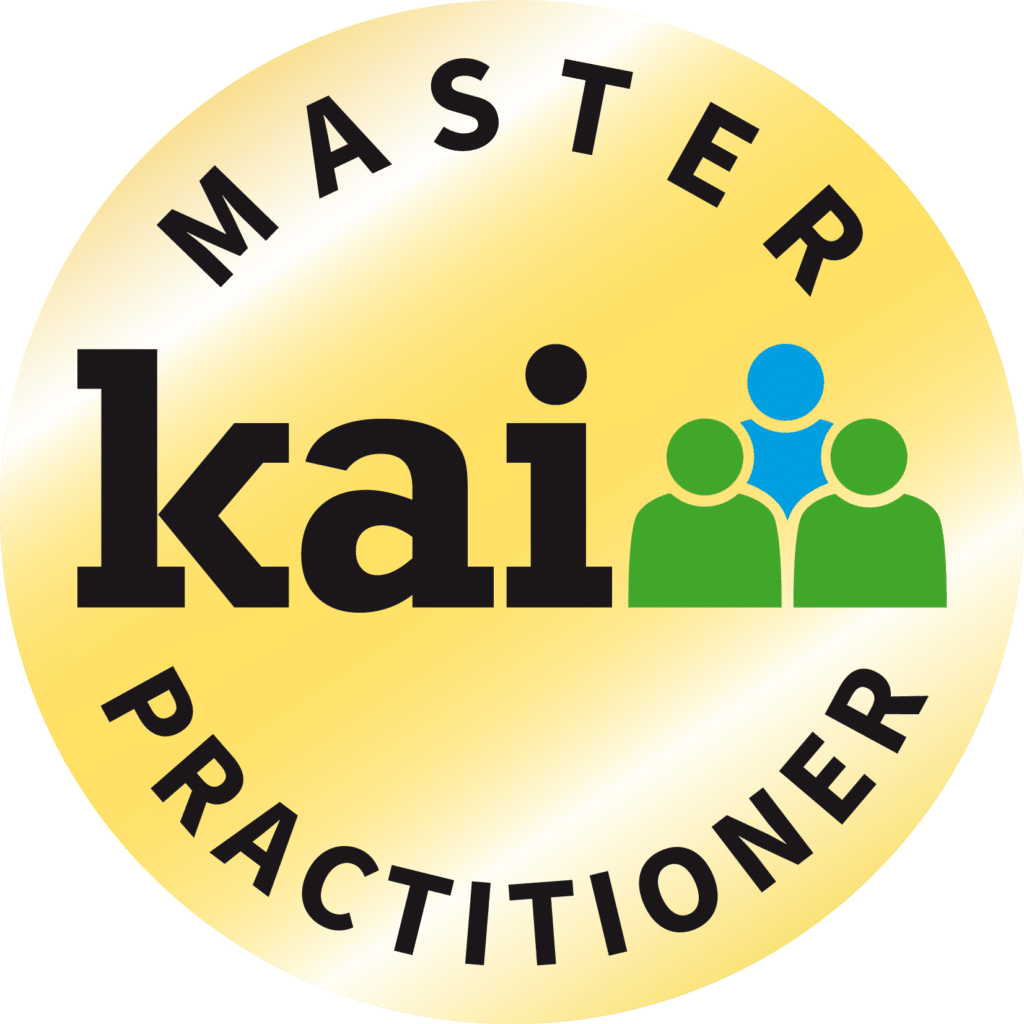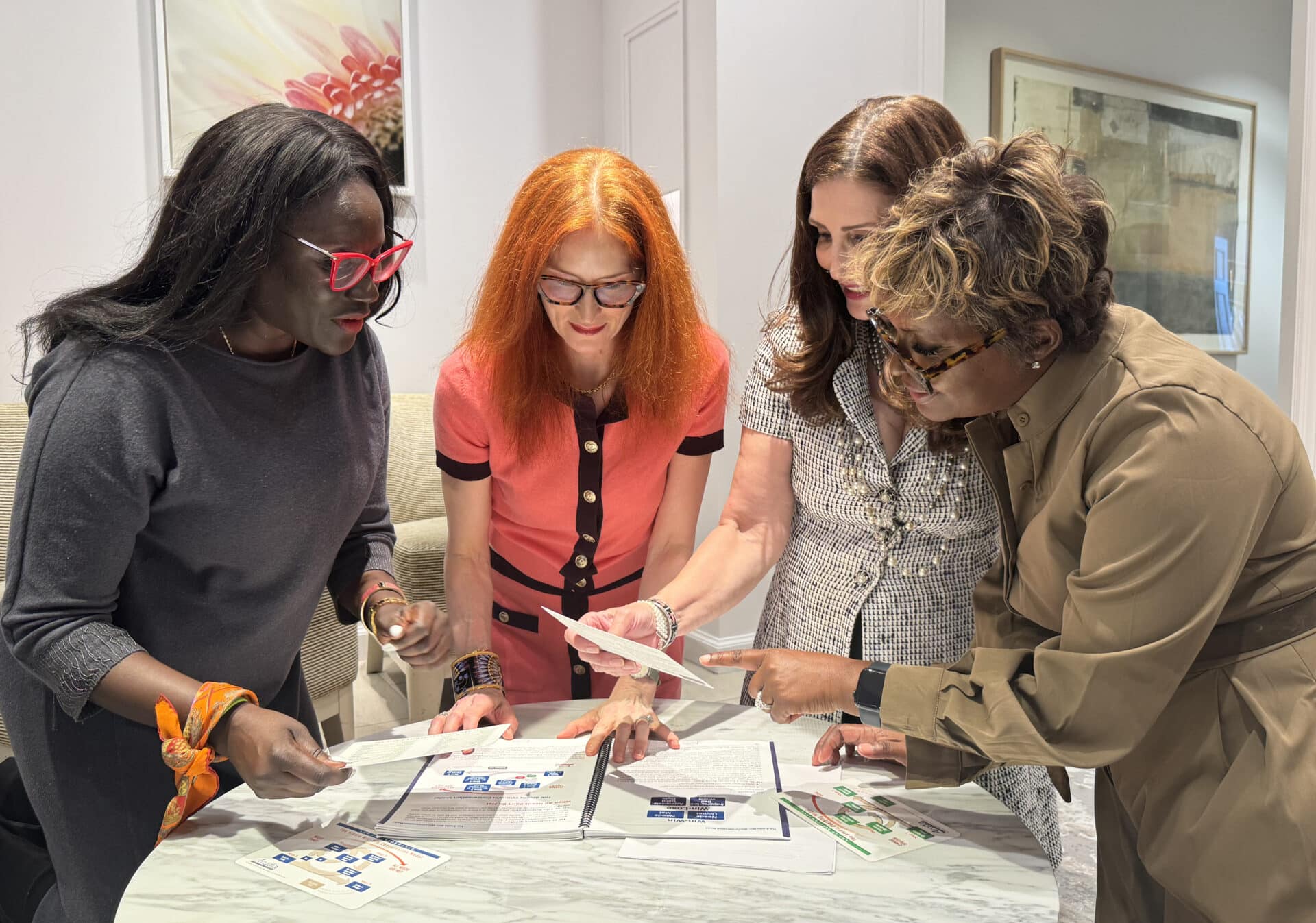Leadership Problem Solving Style with KAI
Kirton’s Adaption-Innovation Inventory
Combine the KAI
with a 2-Hour Debrief Session
NOW ONLY $997!
Your preferred style of doing, critical thinking and problem solving
Everyone has a preferred way of going about doing things – from how we like to organize our space, through to how we solve complex problems. Some people like rules and routines to follow, others like to be more free-spirited, vary routines and don’t like too many constraints.
However, the majority of us like being in a balance somewhere between “highly organized and structured” and “being totally fluid and boundary-free” – where that balance lies for you, is your natural innate inherent preference. This preference is measured by Kirton’s Adaption Innovation Inventory (the KAI).
ARUDIA — master KAI practitioner


What is Problem-Solving Style (KAI)?
So, KAI measures this preference: how much you like structure in your life – whether at work, rest or play. Your KAI score affects everything you do, from how you cook a meal to how you deal with other people in your life.
It is on a scale from ‘most Adaptive’ (wanting lots of structure, rules and detail) through to ‘most Innovative’ (wanting little structure, few constraints and prefer to take a big-picture view). The majority of us like a moderate amount of structure and information – how much defines your individual, personal style of thinking. KAI measures your thinking (or problem-solving) style.
Read our KAI case studies in full on the KAI Foundation website:
why is the kai important?
The KAI is a powerful tool for fostering self-awareness, improving team effectiveness, and driving organizational success. By understanding how individuals prefer to think and solve problems, organizations can create environments where diverse cognitive styles are not only accommodated but celebrated. This leads to more innovative solutions, smoother workflows, and better overall performance.
Why Use Arudia’s Coaching to Maximize the Value of the KAI

Arudia ensures the tool is used effectively, and its insights are applied in a meaningful way

- Accurate Explanation
- Arudia ensures the results are accurately explained without bias or misinterpretation. Participants understand that having a particular cognitive style is not about ability but about how they prefer to solve problems and approach change.
- Tailored Feedback
- We provide personalized feedback that takes into account the individual’s or team’s unique context, goals, and challenges.
- Facilitating Constructive Discussions
- Differences in cognitive style can sometimes lead to misunderstandings or even conflict, especially in team settings.
- Arudia:
- Creates a safe, neutral environment for discussing differences.
- Helps team members appreciate and value diverse problem-solving approaches.
- Mediates conversations to ensure the focus remains on collaboration and growth.
- Expertise in Organizational Development
- Arudia has expertise in organizational behavior, psychology, and change management, which allows them to:
- Align the KAI results with broader organizational goals.
- Address specific challenges, such as managing resistance to change, fostering innovation, or improving productivity.
- Arudia has expertise in organizational behavior, psychology, and change management, which allows them to:
- Ensuring Ethical Use
- A trained coach ensures the KAI is used ethically and responsibly:
- Results are kept confidential
- The tool is not used to label or stereotype individuals but to promote understanding and growth.
- Participants are encouraged to see the value in all cognitive styles.
- A trained coach ensures the KAI is used ethically and responsibly:
Achieving More Together: Results You Can See
let arudia help you
The KAI can provide a basis for an Arudia board, leadership or staff retreat or workshop!